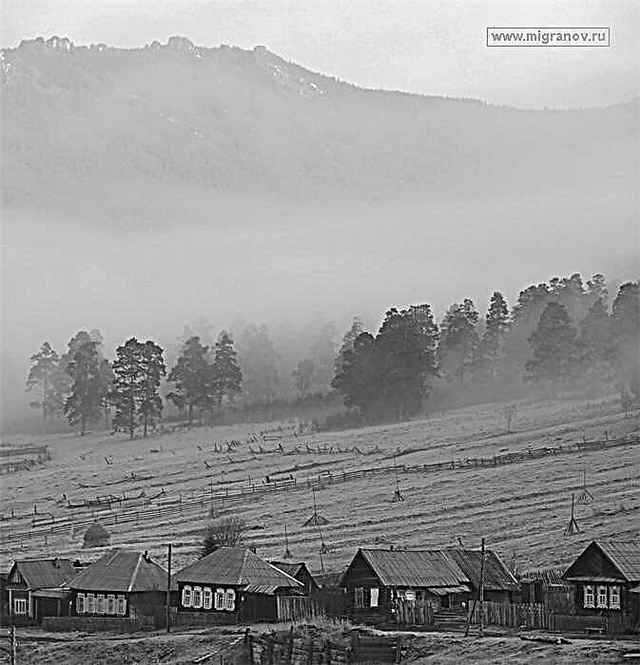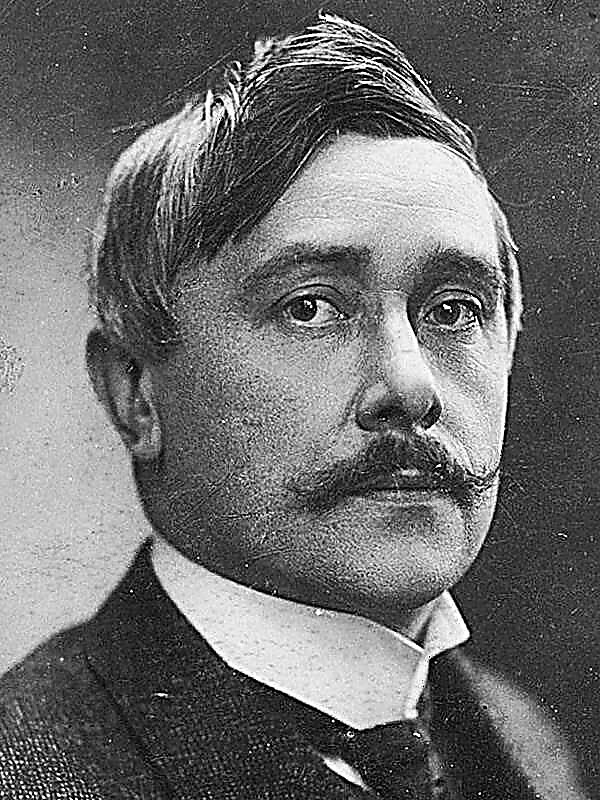With the help of the poem, Nikolai Alekseevich shows the versatility of his country. It is presented in the form of a song, which is presented in a simple, folk language. There is a feeling that “Rus” is Russian folklore. A very short summary of this work for the reader's diary will help in preparing for the exams.
We first see the song in Nekrasov’s poem “To live well in Russia"(Part 4, Feast to the whole world), where Grisha Dobrosklonov sings it. At the beginning of the poem, there is an appeal to "Mother Russia", it is also called positive and negative epithets: "wretched", "plentiful", "mighty", "powerless". Huge potential is hidden in the country, but it has not been revealed due to slavery, in which the popular power is growing. But the force does not get along with untruth, will rise against oppression, because ordinary people have a calm conscience, they have nothing to be ashamed of, the truth behind them. Russia suffered for a long time “as if it had been killed,” but sparks have already been kindled in it, which will eventually lead to the height of the liberation flame.
The poet notes that it is not long to wait for the day when the people's army rises, will show its indestructible strength and power. The end practically duplicates the beginning, only two lines change in it, now the author calls “Mother Russia” “clogged” and “omnipotent”, hinting at her quick revival, because the patience of the people is running out.

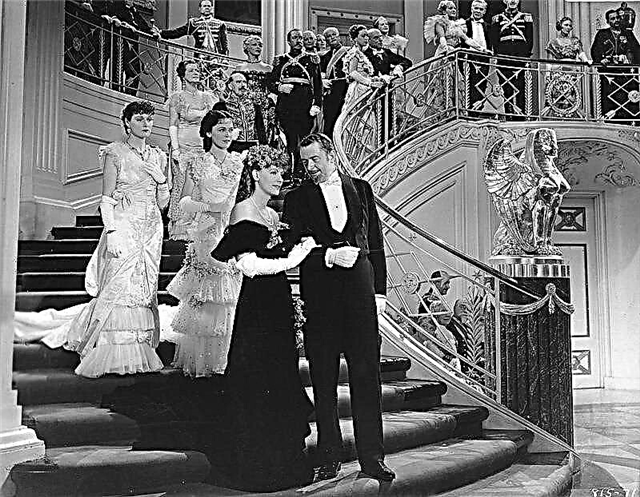
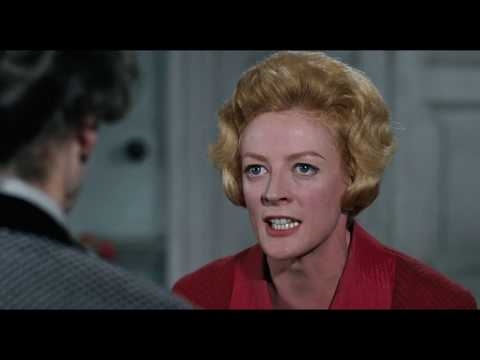
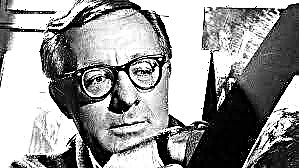

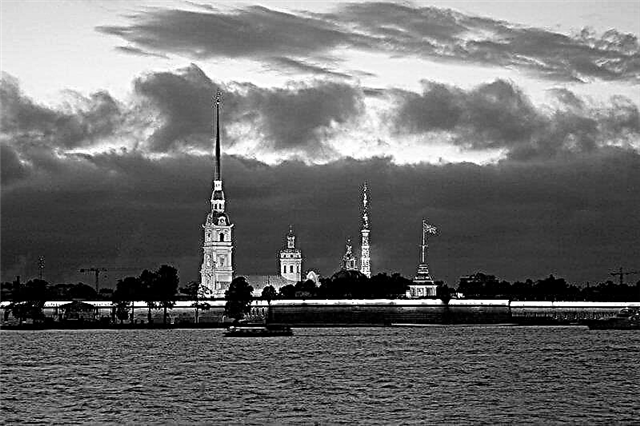
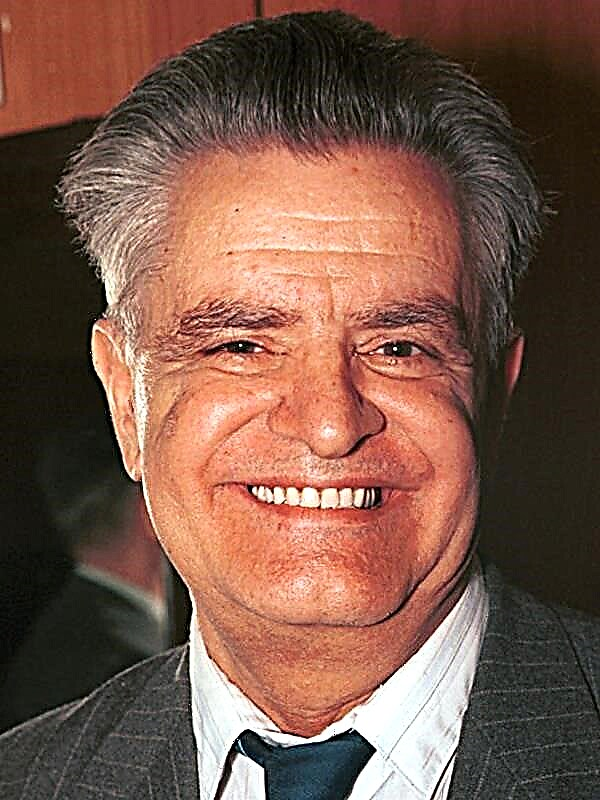
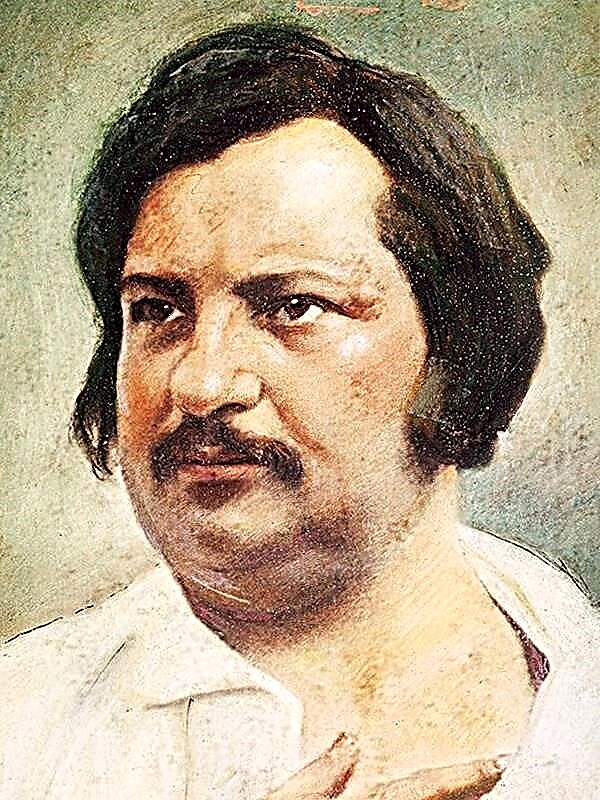 Shuans
Shuans
